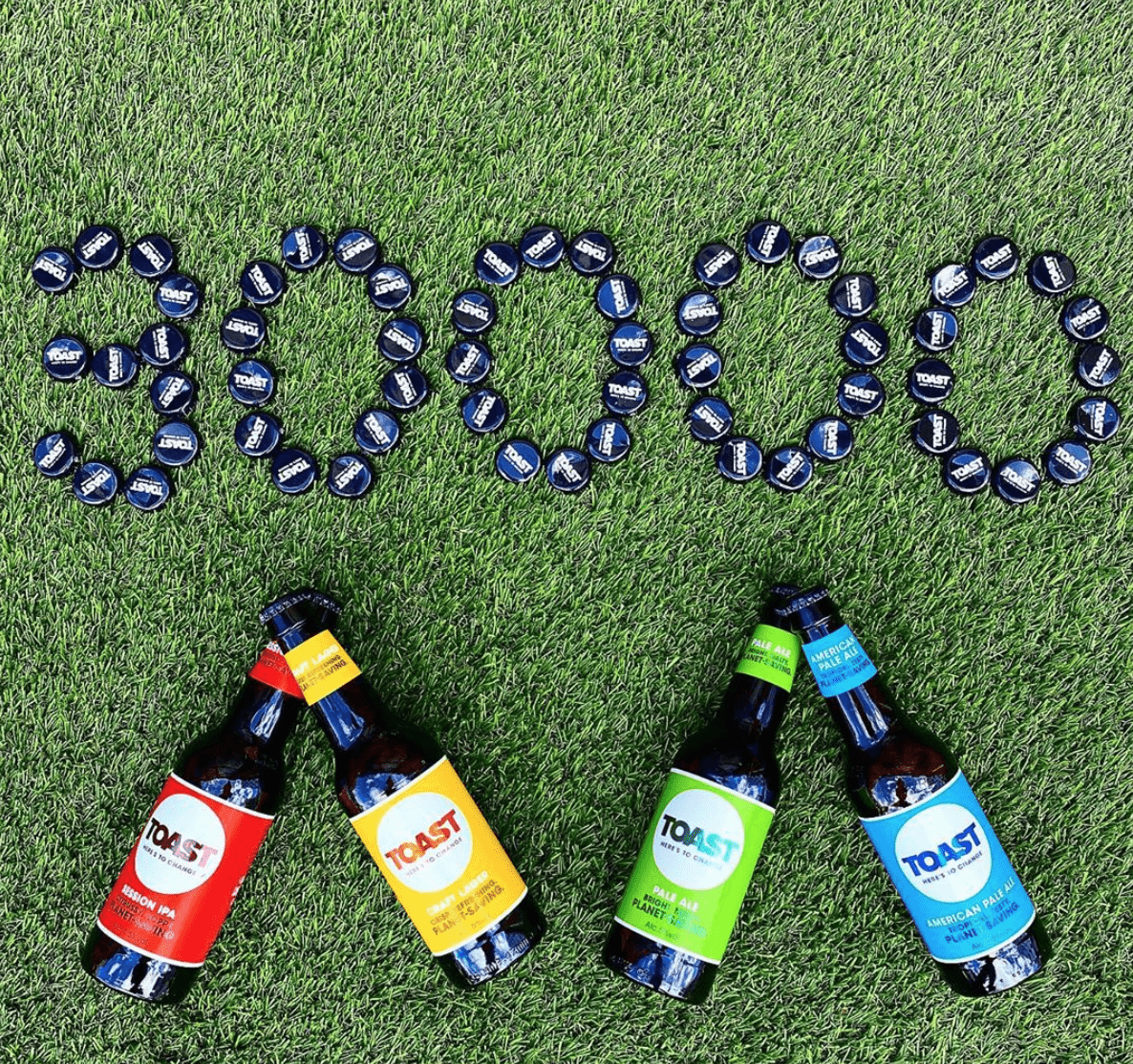A case for hope: The social enterprise sector during Covid-19
28/5/2020
Here at Social Supermarket, we want to be instrumental in supporting the growth of the social enterprise sector across the UK. We spend a lot of time speaking with our brands, industry bodies and customers about the industry, the success and challenges being faced and how to best grow the industry further.
Social Supermarket co-founder, Jamie Palmer, reflects on his thoughts on the current Covid-19 situation and the reason social enterprises remain a case for hope.
A case for hope: the social enterprise sector during Covid-19
Like many small and growing businesses, social enterprises in the UK are feeling the strain right now. But many are also lighting the road ahead, with great examples of innovation in the face of adversity. At a time of struggle and hardship, it’s important to retain a sense of hope, and is why I’d like to shine a light on some of these stories of innovation; also, to remind us of the extraordinary resilience of the social enterprise sector. The sector has survived crises before and come out stronger on the other side, and I believe this time is no different.
There are around 100,000 social enterprises in the UK, collectively representing 3% of GDP. With business models spanning everything from chutney made from wonky fruit and veg to tea that provides employment for refugees, they put purpose at the heart of everything they do and show that doing so is great for business. 52% of social enterprises grew their revenue in 2017 compared to 27% of SMEs generally, demonstrating that, far from being mutually exclusive, profit and purpose are in fact inextricably linked.
What does history tell us about ethical spending?
While ethical spending might be viewed by many as a ‘luxury,’ the stats paint a different picture.
Spend on ethical products has grown almost four-fold in the last 20 years, from £11.2bn 2000 to £41.1bn today. The ethical market showed resilience and growth when we last faced a global economic crisis – growing 18% between 2007 and 2009 – and there’s good reason to believe that coming out of this crisis a similar movement can grow.
Widespread clamour for us to ‘build back better’ when the pandemic subsides is reflected in recent EY Future Consumer Index research, which shows that 62% of people would be more likely to purchase from companies that they feel are doing good for society.
Social Enterprises during covid-19
These stats give plenty of reason for hope, as do the real-life stories of social enterprises who’ve made important pivots to help them survive and thrive during this current crisis. Here are just a few of the inspiring stories I’ve come across:
Toast Ale: award-winning craft beer brewed with surplus fresh bread that would otherwise be wasted. Sales pre-COVID were heavily reliant on bars and restaurants. With a shift to more consumers shopping online, Toast was quick to raise its e-commerce game, driving more content online and offering even more impact for every purchase, with every bottle of beer providing a meal for those in need.
This has prompted a whopping 3,000% growth, moving from online sales representing 1% of total revenue pre-COVID to 38% in April, in addition to 30,000 meals donated.

Pivot was set up by Alice Moxley and is a jewellery brand that helps young Londoner’s get out of homeless hostels through creative employment and support.
Alice set up Pivot just six month ago and initial sales came from pop up shops. Jewellery is an area of retail where there has been a sharp decline in spending and Alice decided to create bookmarks that friends and family could send each other giving a message of hope. During April, these bookmarks became a significant part of her business, representing 78% of total sales.

Elysia Catering:I first came across Elysia Catering during an event two years ago, their mouth-watering canapés are not only brilliant event food, but they also have a core mission to reduce food waste by using seasonal artisan surplus food. The threat posed to the business from being entirely reliant on events prompted a pivot to focus on at home delivery, serving London homes with carbon neutral bike delivery.
They have seen a steady growth of sales online, a completely new business model for the founder, Sophie. They will also be restarting their corporate sales by servicing snack boxes and canapés for digital events with 200 orders already placed for the next few weeks.

2020 & Onwards
Andy Daly, Head of Corporate Partnerships, Social Enterprise UK, was kind enough to share his thoughts as well:
‘The innovations being introduced by Elysia, Pivot, Toast Ale and so many other similar businesses show us that there is a crucial role for social enterprises in tackling today’s unprecedented challenges.’
The next year is going to be incredibly tough for many businesses and social enterprises, but there is much evidence to show that in the years following this crisis that consumers demand will create more opportunities for purpose driven brands.
Further Reading
Capitalism in crisis, SEUK: https://www.socialenterprise.
Twenty year of ethical consumerism: https://assets.ctfassets.
How Covid-19 could change consumer behaviour: https://www.ey.com/en_gl/
